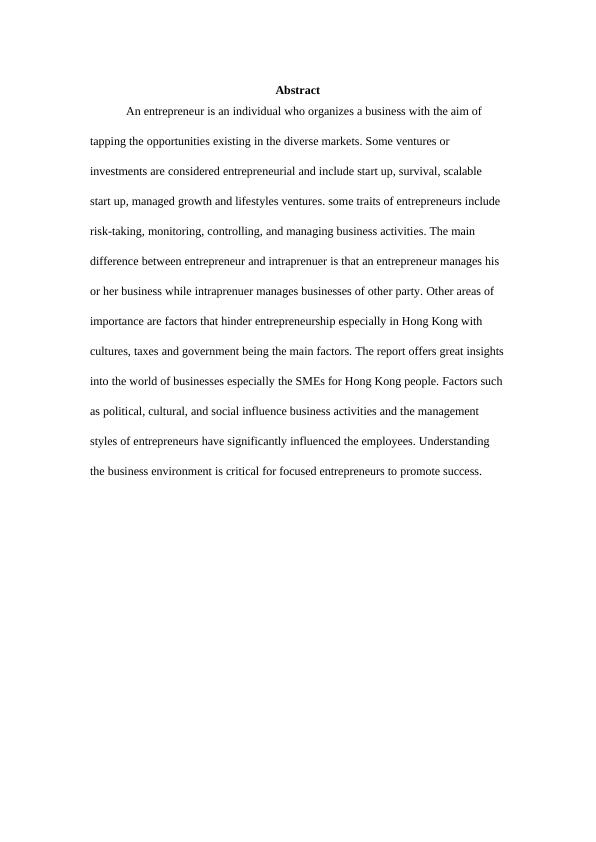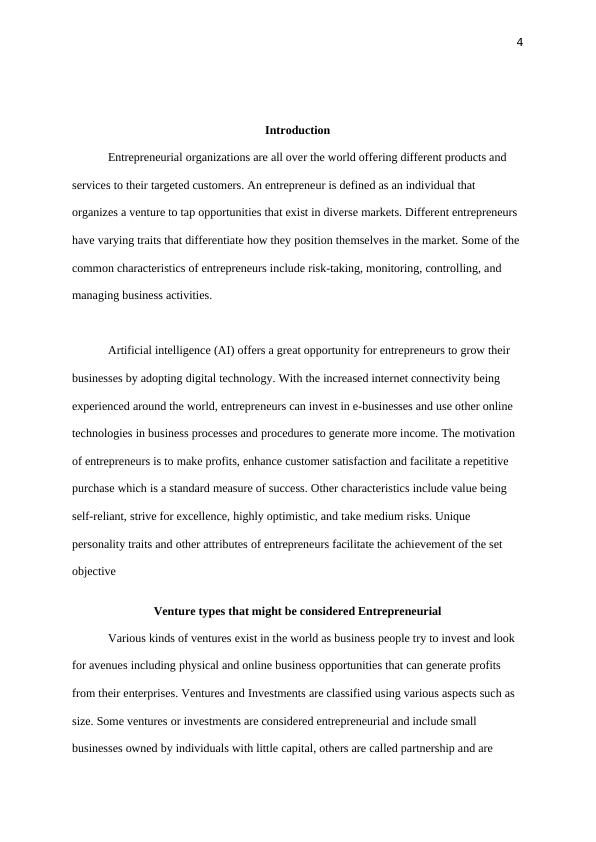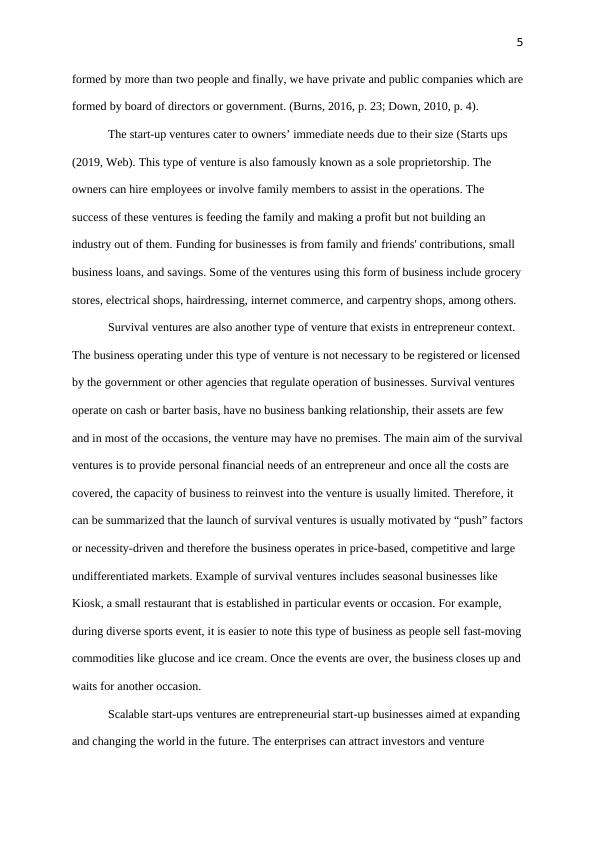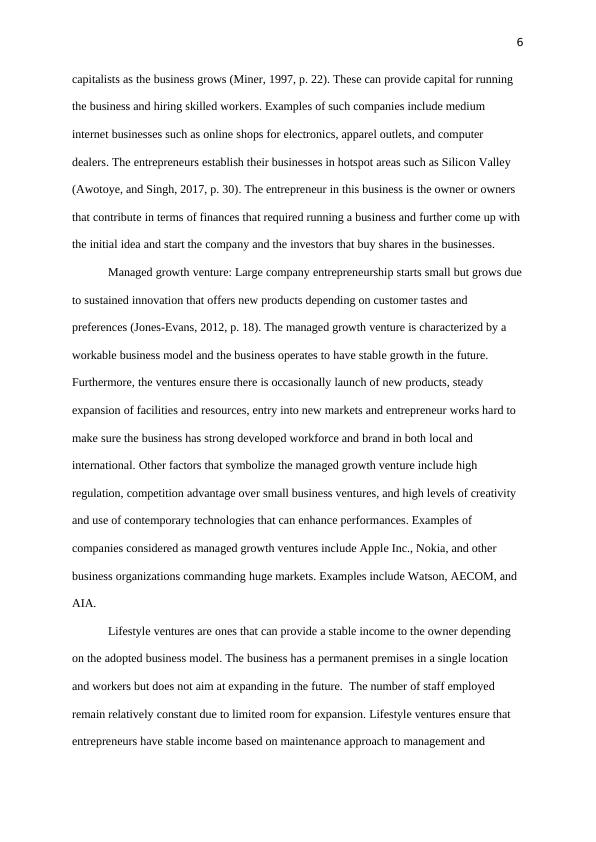Entrepreneurship and Small Business Management in Hong Kong
Early emigrant entrepreneurs from China largely fueled Hong Kong’s phenomenal economic growth and success. Many of the early emigrants fled from economic hardships and sought better lives outside of China. Those who were prosperous entrepreneurs before they left lost their businesses while fleeing the mainland as it fell to the Communists in 1949.
Added on 2022-10-01
About This Document
Entrepreneurship and Small Business Management in Hong Kong
Early emigrant entrepreneurs from China largely fueled Hong Kong’s phenomenal economic growth and success. Many of the early emigrants fled from economic hardships and sought better lives outside of China. Those who were prosperous entrepreneurs before they left lost their businesses while fleeing the mainland as it fell to the Communists in 1949.
Added on 2022-10-01
End of preview
Want to access all the pages? Upload your documents or become a member.






